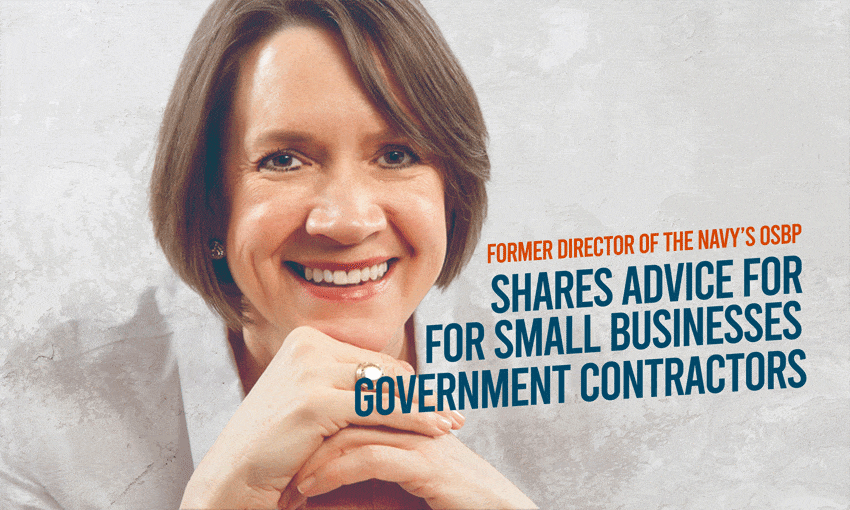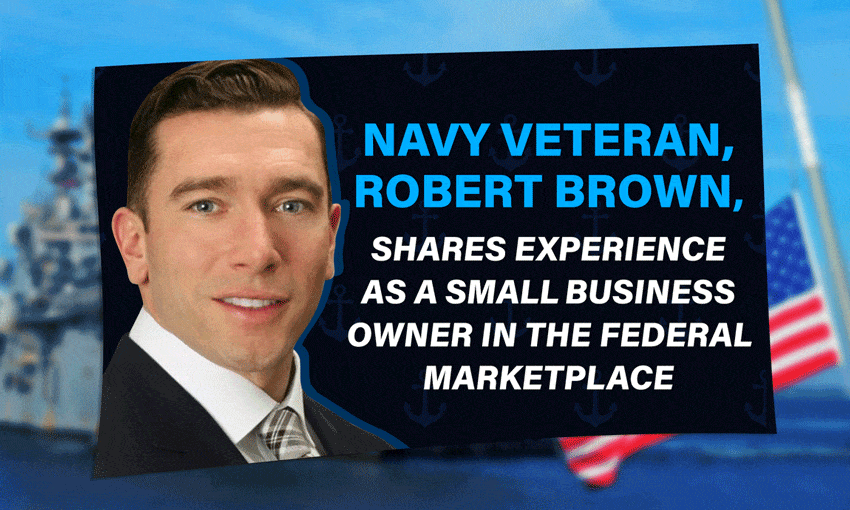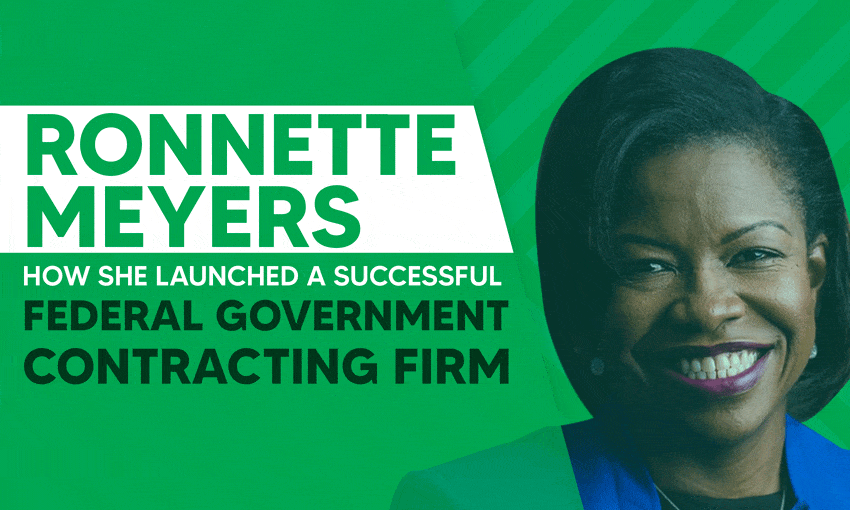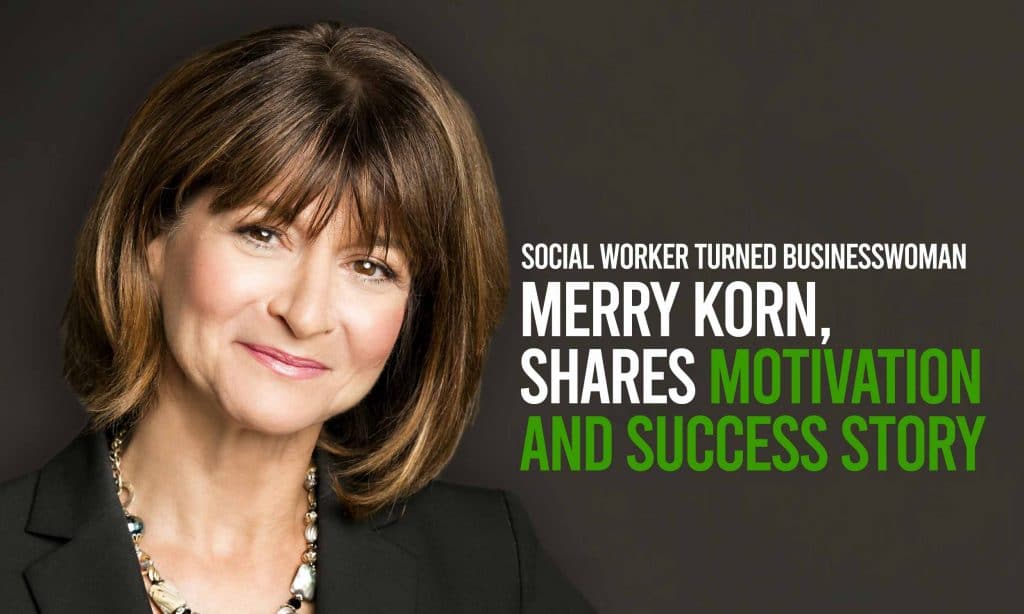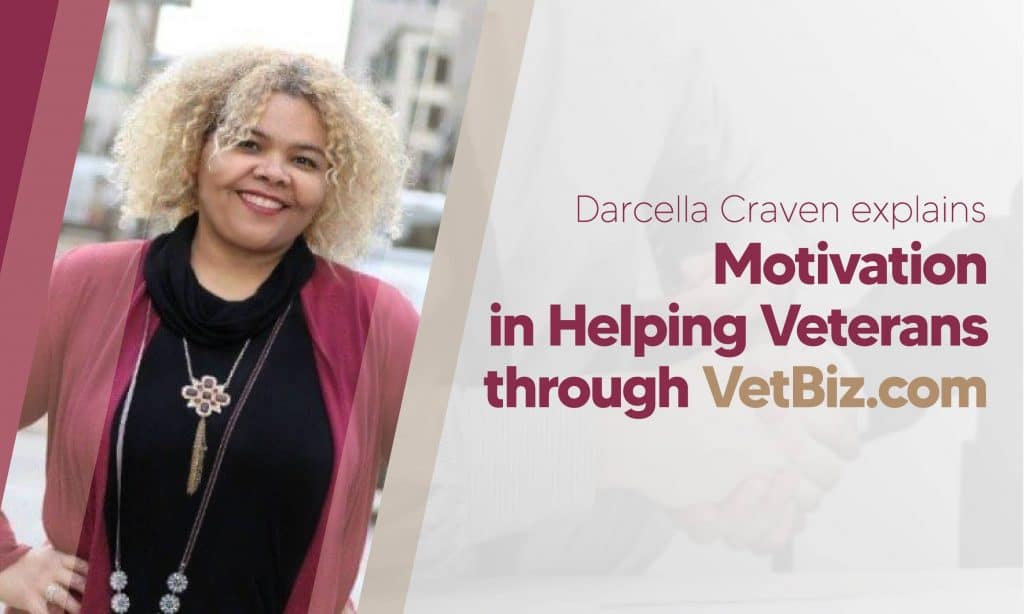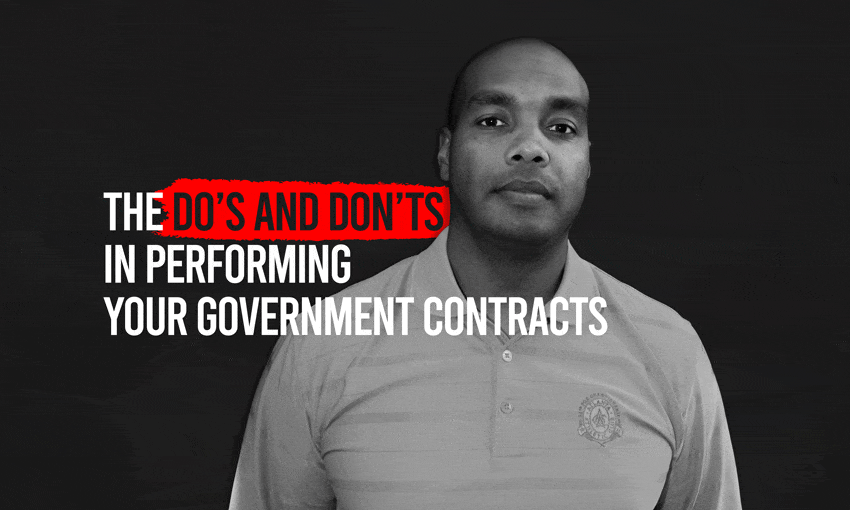How does one become a trusted partner for excellence in Federal Government Contracting Firm? Take it from the Minority Business Leader Award winner of 2020, Ronnette Meyers as she shares how she launched a successful federal government contracting firm.
ABOUT RONNETTE MEYERS
At 17, Ronnette was a single parent who juggled college and a young son. However, Ronnette attributed much of her success from learning the lessons of responsibility and public service at an early age.
Ronnette completed an associate’s degree while working for the Federal Aviation Administration (FAA) where she went on and built her 12-year career in the federal government.
And around 2005, Ronnette left her work with the FAA when she got a call from her mother, Jan Adams, who asked for her assistance in growing her own federal government contracting firm business, the JMA Solutions.
WHY DID JAN ADAMS START HER OWN BUSINESS?
Ronnette shared that her mother spent 24 years in the air force. And with her mother’s line of work, they have been traveling all over the world.
Her mother wasn’t going to retire anytime soon when a former Colonel that she used to work with in Germany reached out to her for a position in federal government contracting firm to support the FAA. The colonel needed someone with her capabilities to help run the program.
This is how she arrived in DC and started working for the company. But there was this one time that a customer said to Adams that:
You are a minority female service, why don’t you start your own business, so that we can stop paying you as the middleman and pay you directly.
With that piece of encouragement and riding on the trust she has built from her clients. She started her own business. And this is where; Adams asked Ronnette if she could help her build the infrastructure during her time off and weekends.
STEPPING OUT OF A PARENT’S SHADOW
Ronnette’s roles were to build Adam’s human resource policy and managed her contracts. She also did Adam’s payrolls and her lines of credit until she came on board.
Ronnette worked her way up to become senior vice president of corporate services. She did not only business development but also managed the HR department.
And eventually, Ronnette had to sit down with her mother thinking and planning about generational wealth. They needed to start thinking about their children and grandchildren and how they can secure their future. And that was how Ronnette made the decision to start JLAN Solutions.
Although Ronnette did open up stating as to how she had her reservations with separating from her mother’s business.
“When I was under the shadow of my mom, I could confidently speak from there. However, when it was time for me to come out on my own and speak for myself. I was afraid.” States Ronnette Meyers
Ronnette was one of the countless people who were actually afraid of starting their own businesses. However, what got her through that dilemma was to build up her confidence and believe in what she could do.
Because, in order to get to the next level. She firmly believed that one had to find their own voice and use it to produce results to push a great product.
She mentioned how she started JLAN in 2010, she admitted that she really didn’t do a lot but rather Ronnettte described it as taking a leap of faith.
However, she also backed her decisions with action by attending SBA emerging leaders programs which really helped her start building relationships.
THE GOLDMAN SACHS 10,000 SMALL BUSINESS PROGRAM
Ronnette shared that although she had a technical degree she admitted that she lacked the business courses and skills which the Goldman Sachs program helped her navigate. She has had a CPA from the program who helped her do her payroll, and the CPA really dived deep into the finances.
They handle your taxes especially pointing out where your money is going. How it is spent and where it could be properly allocated. And she came out of the program with three things.
- You need to hire a marketing manager to help get my name out there.
- Hire A COO to run my day to day operations so that I could focus on doing my business development and building relationships and bringing opportunities to the business.
- Lastly, you have to stop working inside your business at some point and start working on it to help it grow from the outside.
BALANCING WORK AND PERSONAL RELATIONSHIP
Talking about relationships, I took the opportunity to ask how Ronnette manages her employees.
You have to monitor your relationships with people. And keep a distance from them especially if you are leading them. You don’t want to cross that line of being a personal friend as that can be misconstrued.
Ronnette believes that it is necessary to keep a little bit of separation. In the military, or as she says it, you can’t fraternize with employees. But you can still allow them to help in decision making.
It doesn’t necessarily mean that you include them in making policy making and procedures. But if there are events or any roles your employees can play into it. You can definitely include them. But you have to find your own balance between putting your foot down and avoiding offending someone.
HOW DO YOU HANDLE FIRING SOMEONE
For Ronnette, letting someone go is a difficult thing to do. She remembers the first time she had to do it. Her heart shattered because she understands the impact it will have on the employee and that employee was a mom. It affected her income, her family, and her children.
To delve into the details, the employee was a travel agent, and her performance was down. Customers weren’t happy with the support they were getting from her.
However, even though it hurts your heart to let someone go. You have to think about what your business has built up to this point.
I have met with her in several occasions about her performance and it hasn’t improved. We need to part ways because you are affecting the work ethics. You are affecting the company and the brand.
Our goal is to be a trusted partner and we want to provide excellent solutions and outcomes. And if you can’t step up to the game, then the others will be affected.
PHILANTHROPHY
Working as a public servant and being exposed to the government at such a young age. Ronnette has a strong passion and commitment to giving back to the community especially to the youth.
So, I work out with a group of ladies and we were out walking this morning and we were talking about a vacant building that’s in upper Marlboro, Maryland. I shared to them how I wanted to establish programs for our young black Americans, our youth. There are so many programs where we can teach young men how to tie a tie and young ladies to be young ladies.
Ronnette elaborated that they can use that building and capitalize on the season that they were in with Black Lives Matter. Her vision was to expand and reach Youngstown, Ohio since Ronnette is from that area and she has seen firsthand how the students there can make better use of their time.
We need to help the young students. We need to give them direction. With all the oppression and conversation on black culture, it is our responsibility to guide them and get them off Fortnite and Minecraft.
Ronnette believes that we need to take action to help our community and what better way than to give the youth some structure and guidance on how to achieve their best.
FORWARDS NOT BACKWARDS
To end the discussion, we part with a few insights on the current situation of the community. It is true that the pandemic, financial crisis and race relations have gone and suck out much our positivity. But we mustn’t forget that we have much to be thankful for.
Focus on what you have and stay humble. You must not group one people over the other. Because if we all continue to cast a shadow over people because of the color of their skin. We will recede from progress.
Because if the best ideas and innovations are no longer able to step forward because it is limited from a narrow segment of the population. It shall hinder our nations progress and growth.
Think about it. If you were presented with ideas and solutions that can counter terrorism and foreign threats will you still think about whose hands or color they can come from?
Probably not.

